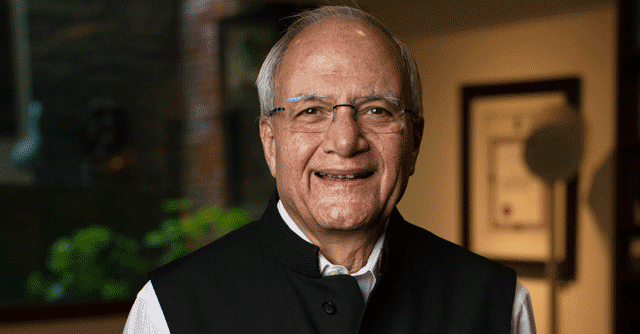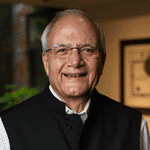
India needs to fix missing pieces to excel in manufacturing space


The pandemic has triggered so much change that history observers will refer to a pre-Covid era and a post-Covid era. We made deft moves with a storm of unicorns. The government fast-tracked incentives to promote indigenisation. The Rs 76,000 crore semiconductor package will give us design and manufacturing capabilities. There have been other policies to promote the Make in India eco-system too, and while on paper, it appears we have all that it takes to seize a bigger share of the pie globally, it is important to look at where trade is going lately.
Recent developments such as the pandemic, the war in Ukraine, climate concerns, and the US-China tussle sent some favourable tailwinds for Vietnam to emerge as one of the most preferred destinations for electronics. US imports from Vietnam have increased by 33%, with electronics and machinery accounting for the bulk of this jump.
Hải Phòng grabs spotlight

Hải Phòng, Vietnam’s third largest city, is the country’s new high-tech production centre, with Samsung, Intel, LG, Panasonic, Foxconn, Pegatron, and many others moving there. The port city’s proximity to manufacturing clusters, and a 12-hour expressway to Shenzhen gives it an edge. The country’s electronics industry, today, accounts for about 40% of its exports.
Vietnam has been on the ball, moving to the Plus 1 space that strategists have been talking of. Its low labour costs, attractive tax incentive policies, location, favourable global trade conditions, and many free trade agreements (FTAs) have been in its favour. It climbed from the 47th position in global ranking in 2001 to the 10th position in 2020 vis-a-vis exports that make up 1.8% of the total export value of electronics globally. Geopolitics has only helped this trend to gain momentum with manufacturers looking for hardy supply chains.
Globalisation in question

What we have seen lately is that globalisation, which suggests that the world is one family with free movement of goods and services cutting across geographies, has been put into jeopardy. Former US president Donald Trump acted swiftly to checkmate China, with the CHIPS for America Act passed in January 2021 to mark a U-turn after decades of expansion into Asia. China’s zero-COVID policy halted factory work, and broke global supply chains. Several major Taiwanese computer manufacturers with factories in Shanghai, including Quanta Computer, Compal Electronics, Wistron, Inventec and Pegatron, reported double-digit declines due to the lockdowns. Vietnam played its cards well, fitting into the space created by China’s stiff stance.
India’s edge
The same factors that have propelled Vietnam can also put India in the sweet spot. India’s biggest advantage in the Plus 1 space is its end-to-end design and manufacturing capabilities. Vietnam is known for strong midstream activities, and local companies focus on assembly mainly. Upstream activities, involving design and production, are mostly done overseas. Vietnam does not have the engineering talent that India has. Not only is India considered to be the most digitally dexterous country in the world due to the largest Gen Z workforce, we have a huge domestic market. And we are closer to Africa, Middle East and European markets.

Yet, the process of setting up business needs to be swift; the logistics and trans-shipment needs to be buckled up for sustainable competitive advantage. Although India has created a lot of PLIs that address some disability factors, having stronger supply chains is crucial. It is important to reign in freight and travel costs and lower the carbon footprint. Even Mexico, on account of its talented workforce and shorter supply chains, is availing nearshoring benefits being closer to the US.
The coming era will be increasingly defined by complex disruptions queering the pitch at any time. Resilience should be seen as an important capability, instead of just focussing on efficacy-based manufacturing at the lowest cost possible. For the Indian market to truly arrive on the radar of global corporations, we have to build such capacities and fix the missing pieces. And fast… so that we can be the safest China Plus one.

Ajai Chowdhry
Ajai Chowdhry is the Chairman of Epic Foundation and Founder of HCL.
